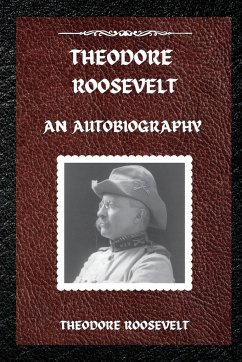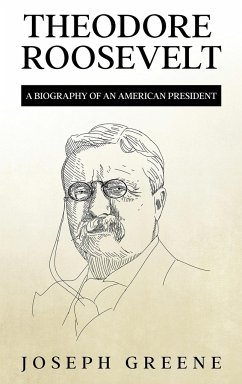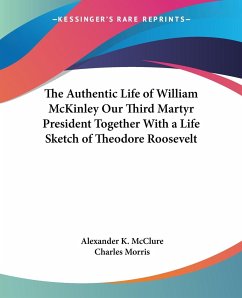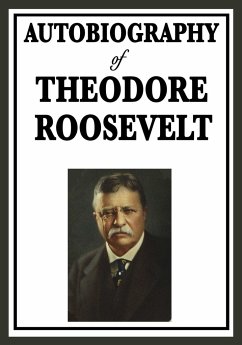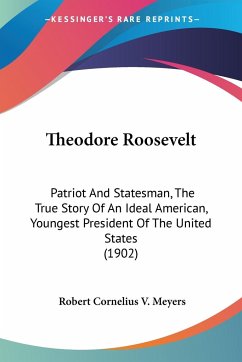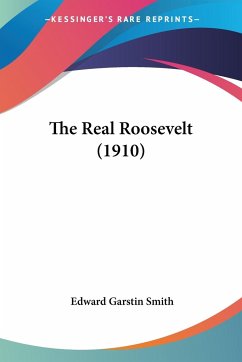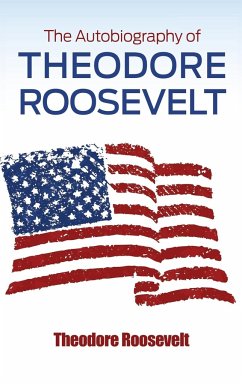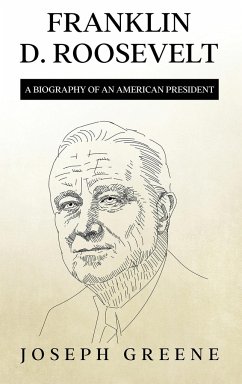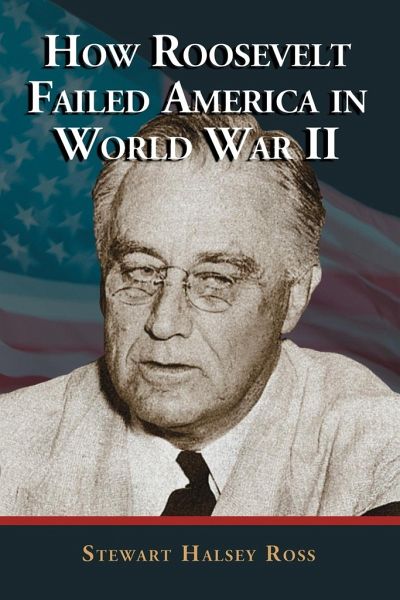
How Roosevelt Failed America in World War II
Versandkostenfrei!
Versandfertig in 1-2 Wochen
44,99 €
inkl. MwSt.

PAYBACK Punkte
22 °P sammeln!
Reeling from the devastation of World War I, many Americans vowed never again to become involved in European conflicts. This stance was formalized in 1935 when Congress passed the first Neutrality Act, which was not only designed to keep America out of foreign wars but also called for the president to declare an immediate embargo of arms and munitions to all belligerent countries. As war loomed and eventually erupted in 1939, President Franklin D. Roosevelt instituted several policies that aided the Allies, and American neutrality was questionable many months before the attack on Pearl Harbor....
Reeling from the devastation of World War I, many Americans vowed never again to become involved in European conflicts. This stance was formalized in 1935 when Congress passed the first Neutrality Act, which was not only designed to keep America out of foreign wars but also called for the president to declare an immediate embargo of arms and munitions to all belligerent countries. As war loomed and eventually erupted in 1939, President Franklin D. Roosevelt instituted several policies that aided the Allies, and American neutrality was questionable many months before the attack on Pearl Harbor. This work examines how Roosevelt navigated prewar neutrality to push the United States toward intervention on the side of the Allies in World War II, and considers critically his wartime policy of unconditional surrender and his unprecedented acceptance of a fourth term. It covers his prewar policies that sidestepped neutrality, including covert submarine warfare, air patrol of the North Atlantic, the Lend Lease Act and coordination between the American and British navies, and critiques his plans for rebuilding postwar Europe. Thirteen appendices parallel prewar planning by Roosevelt and Woodrow Wilson, and reproduce such key documents as the Atlantic Charter and the Potsdam Declaration.






